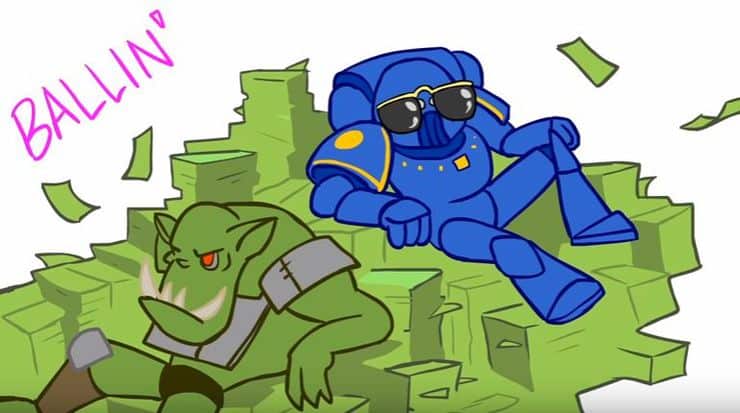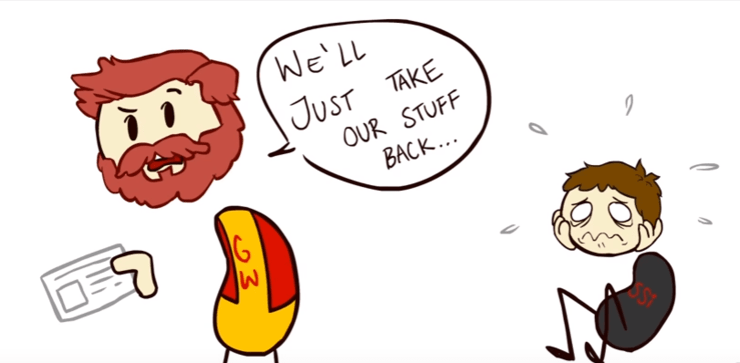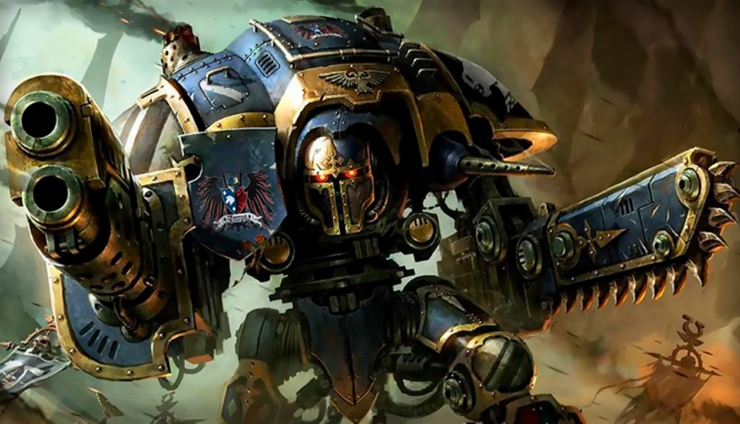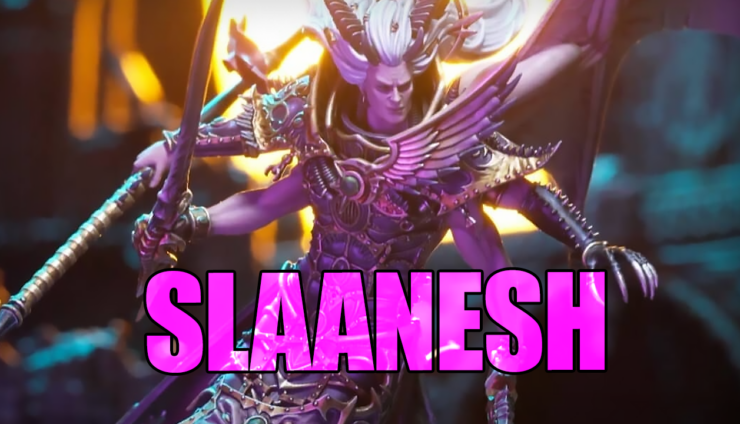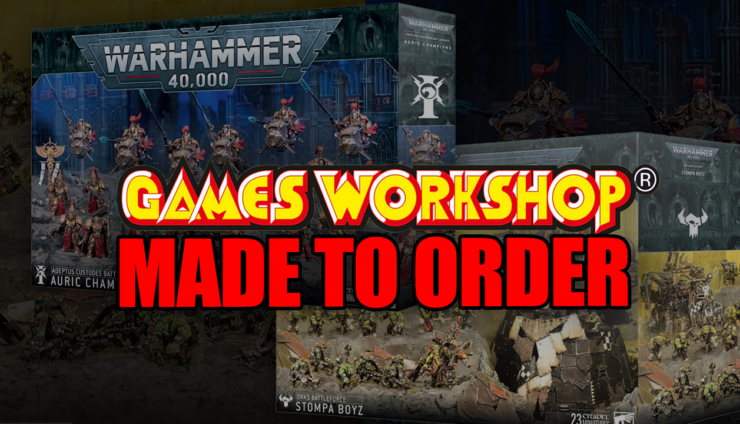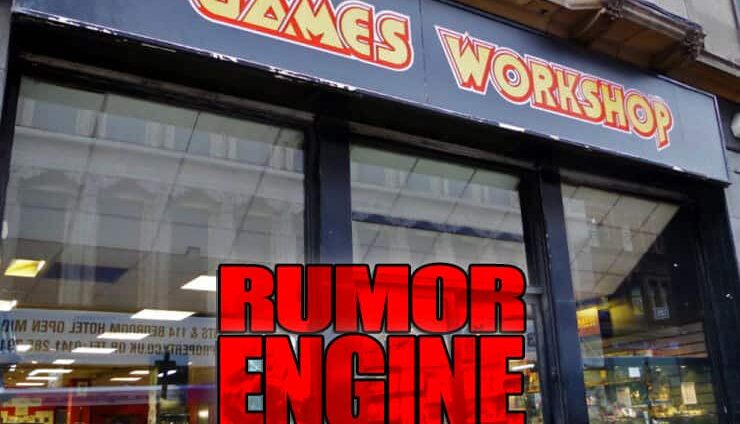You want MORE video games? Come see what this YouTuber have to say about how Games Workshop is handling their IP License.
This YouTuber looks further into the history and current state of Games Workshop’s IP License.
Source: Extra Credits
Games Workshop has done a complete about face on its approach to video game licensing. They used to focus on one key partner (SSI Mindscape or THQ) producing high quality, big budget games.
But recently, they started licensing multiple video game developers, many with no proven record of success. Why the sudden change?
Games Workshop (of Warhammer fame) offers a great case study in taking physical IP and transferring it to the digital world. Back in the 90s when tabletop games were at their peak, GW licensed a company called SSI Mindscape to produce games using the Warhammer IP. That company collapsed, and the IP then moved to a bigger game developer: THQ. This new partner produced big budget games meant to stand on their own as beacons of quality.
If players liked the games enough to try tabletop, great, but primarily the video games were meant to stand on their own. Then THQ collapsed. In the wake of that change, GW has adopted an entirely different strategy: rather than focus on one partner, they now hand minor licenses out to almost any developer who asks, regardless of their track record or ability to produce quality games. There are many factors which could have motivated this change. GW has been struggling financially with declining stocks and management shake-ups, and putting out a slew of video games at no cost to themselves has the potential to bring in welcome short-term revenue.
These video game tie-ins also function as advertisements for GW’s core business, again at no cost to them. The odds of a satisfied tabletop player quitting because of an unsatisfying video game seem pretty low. It also gives GW a chance to vet developers, determining from actual product performance if there might be a dev they want to entrust with a larger license for big projects.
Finally, their shotgun approach to video game licensing lets them put Warhammer games on all platforms, in a wide variety of genres, giving them a numerically higher probability of stumbling onto a hit. Since other toy or game companies (Hasbro, LEGO, DC) are now also starting to move into the video game market, GW provides an interesting test case. Will they follow its lead? Or will they consider the long-term value of their brand name too important to risk?
So what do you think? Should Games Workshop be taking the “shotgun approach” or only have one company in charge of the “universe”?
